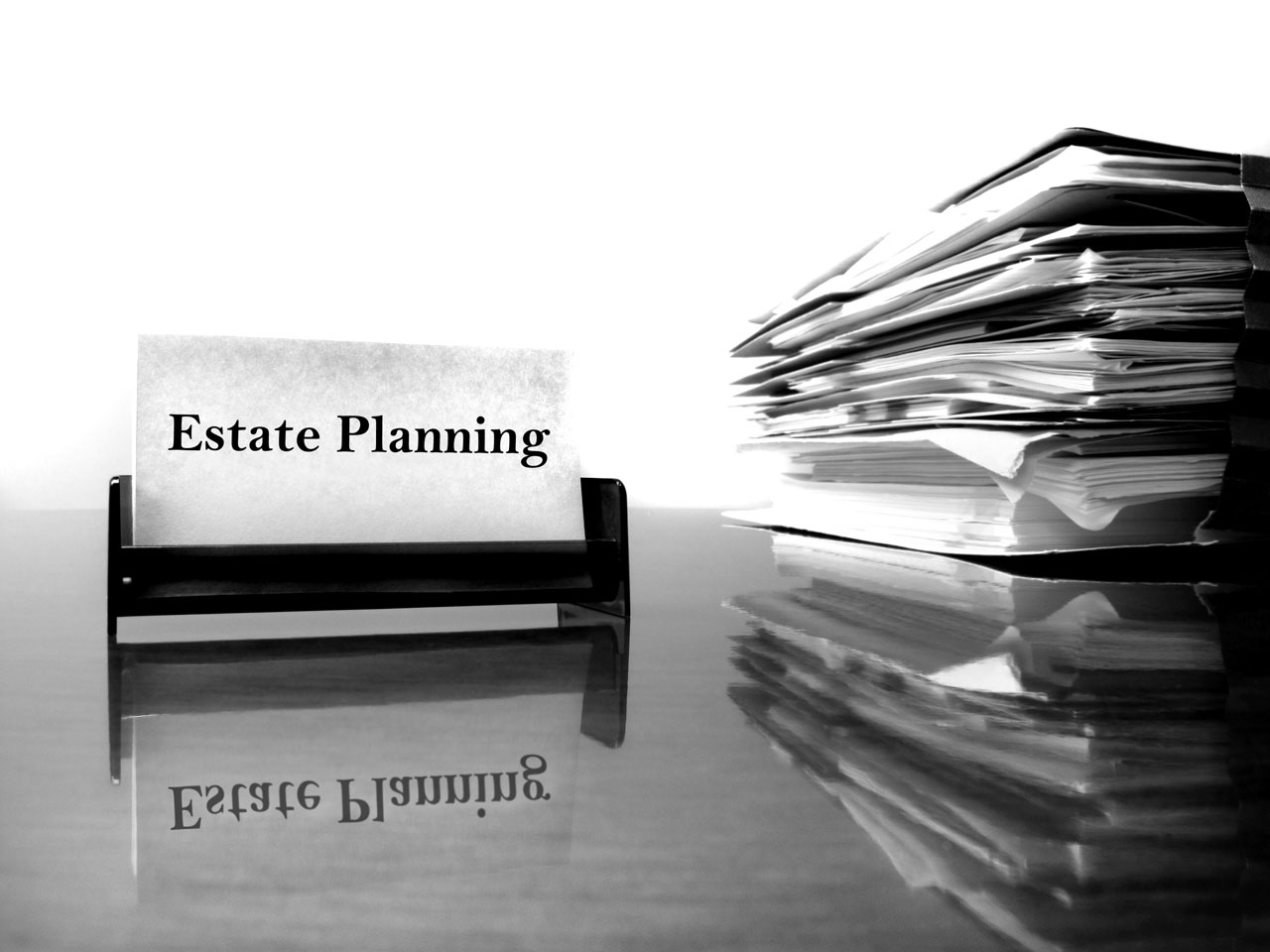Understanding Estate Planning
No matter the size of your estate, planning for the future is essential. It ensures that your assets are distributed according to your wishes, and it can help you avoid unnecessary taxes. But estate planning is a complex process, and mistakes can be costly. In this article, we’ll explore common estate planning mistakes and provide tips on how to avoid them.
What is Estate Planning?
Estate planning involves deciding how your assets will be distributed after your death. This can include real estate, investments, savings, personal belongings, and even your digital assets. But it’s not just about wealth distribution; estate planning also involves appointing guardians for minor children, planning for incapacity, and reducing estate taxes.
Importance of Estate Planning
Without a proper estate plan, the state will decide how your assets are distributed, which may not align with your wishes. Plus, your loved ones could face a lengthy and costly probate process. Estate planning helps avoid these complications and ensures that your wishes are carried out.
Common Estate Planning Mistakes
Not Having an Estate Plan
The most common mistake is not having an estate plan at all. Many people think that estate planning is only for the wealthy, but this isn’t the case. Everyone has an estate, and without a plan, you’re leaving important decisions up to the state.
Failing to Update Your Estate Plan
Life is constantly changing, and your estate plan should reflect these changes. Major life events like marriage, divorce, the birth of a child, or the death of a loved one can greatly impact your estate plan. Failing to update your plan to reflect these changes can lead to unintended consequences.
Neglecting to Plan for Incapacity
Most people associate estate planning with death, but it’s equally important to plan for incapacity.
If you become unable to make decisions due to illness or injury, having a plan in place can prevent a court from having to make decisions on your behalf. This part of estate planning may involve creating a power of attorney, a living will, or a healthcare proxy.
Not Considering Estate Taxes
While not everyone will owe estate taxes, it’s a mistake to overlook them. Estate taxes can be significant, and there are strategies you can use to reduce or even eliminate them. Not considering estate taxes when planning your estate can leave your heirs with a hefty tax bill.
How to Avoid These Mistakes
Now that we’ve discussed some common estate planning mistakes, let’s discuss how to avoid them.
Seek Professional Advice
Estate planning is complex, and the consequences of mistakes can be serious. It’s always a good idea to seek professional advice. An estate planning attorney can help you navigate the process, understand the laws in your state, and create a plan that aligns with your wishes and circumstances.
Regularly Review and Update Your Plan
As mentioned, it’s essential to keep your estate plan up to date. Regular reviews will ensure that your plan reflects your current situation and wishes. A good rule of thumb is to review your plan every few years, or whenever you experience a major life event.
Plan for Possible Incapacity
Don’t forget to include incapacity planning in your estate plan. Consider who you would want to make decisions on your behalf if you become unable to do so, and document your wishes legally with the help of a professional.
Understand and Plan for Estate Taxes
If your estate could be subject to taxes, make sure to include tax planning in your estate plan. There are many strategies to reduce estate taxes, such as gifting during your lifetime or setting up certain types of trusts. An estate planning attorney or financial advisor can help you understand your options and implement the best strategies for your situation.
Conclusion
Estate planning is a crucial aspect of financial planning that should not be overlooked. By understanding common mistakes and how to avoid them, you can create an effective estate plan that ensures your wishes are carried out and your loved ones are taken care of. Remember, it’s always wise to seek professional advice to navigate the complexities of estate planning.
Frequently Asked Questions
Do I need an estate plan if I’m not wealthy?
Yes, everyone should have an estate plan, regardless of their wealth. An estate plan ensures that your wishes are carried out and can help avoid a costly and lengthy probate process.
How often should I update my estate plan?
You should review your estate plan every few years, or whenever you experience a major life event such as a marriage, divorce, birth of a child, or death of a loved one.
What happens if I become incapacitated and don’t have an estate plan?
Without a plan in place, a court may have to appoint someone to make decisions on your behalf, which may not align with your wishes.
Are estate taxes applicable to everyone?
No, estate taxes only apply to estates exceeding a certain value. However, tax laws can change, so it’s important to consider taxes when planning your estate.
Should I hire a professional for estate planning or can I do it myself?
While it’s possible to do some estate planning on your own, hiring a professional is generally recommended due to the complexity of the laws and the serious consequences of mistakes. A professional can help ensure that your plan aligns with your wishes and complies with the law.
With this, as with ALL legal matters, you are strongly advised to speak with an attorney.
For questions or assistance, contact the Law Offices of Katharine J. Richards, P.C.
at (516) 505-1780 or e-mail Info@KJRichardsLaw.com.
CONTACT US

The Role of Estate Planning in Medicaid: Ensuring a Secure Future

Estate Planning Tips for Young Adults

How to Avoid Common Estate Planning Mistakes

Revocable vs. Irrevocable Trusts: What’s Best for Your Estate Plan?

